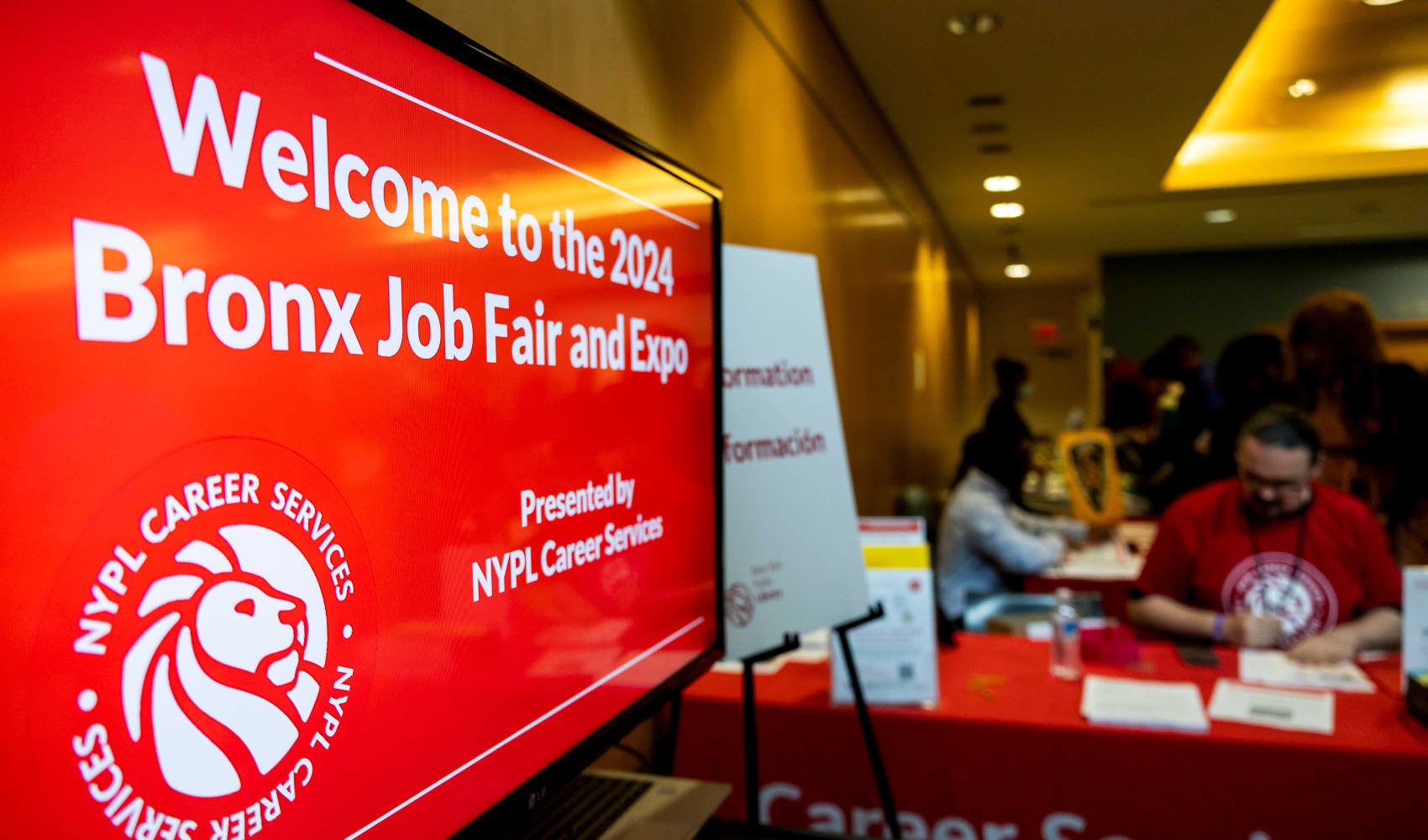
Elon Musk walks on Capitol Hill on the day of a meeting with Senate Republican Leader-elect John Thune (R-SD), in Washington, U.S. December 5, 2024.
- House Democrats Jim McGovern and Rosa DeLauro accused Republican colleagues of bending to Elon Musk's demands in sinking a bipartisan funding bill.
- Congress passed a stopgap funding bill instead on Saturday, but discarded a provision to screen and regulate U.S. investments in China.
- The scrapped provision "would have made it easier to keep cutting-edge AI and quantum computing tech — as well as jobs — in America," McGovern wrote on X.
House Democrats Jim McGovern of Massachusetts and Rosa DeLauro of Connecticut say their Republican colleagues in Congress caved to the demands of Elon Musk, sinking a bipartisan government funding bill that would have regulated U.S. investments in China.
Congress passed a separate stopgap funding bill over the weekend, averting a government shutdown.
In a series of posts on X, McGovern said more could have been accomplished. The scrapped provision "would have made it easier to keep cutting-edge AI and quantum computing tech — as well as jobs — in America," he wrote. "But Elon had a problem."
Get top local stories in Philly delivered to you every morning. Sign up for NBC Philadelphia's News Headlines newsletter.
Tesla, run by Musk, is the only foreign automaker to operate a factory in China without a local joint venture. Tesla also built a battery plant down the street from its Shanghai car factory this year, and aims to develop and sell self-driving vehicle technology in China.
"His bottom line depends on staying in China's good graces," McGovern wrote about Musk. "He wants to build an AI data center there too — which could endanger U.S. security. He's been bending over backwards to ingratiate himself with Chinese leaders."
SpaceX, Musk's aerospace and defense contractor, has reportedly withheld its Starlink satellite internet service over Taiwan at the request of Chinese and Russian leaders. Taiwan is a self-ruling democracy that Beijing claims as its territory. Taiwan's status is one of the biggest flashpoints in U.S.-China relations.
Money Report
DeLauro, the top Democrat on the House Appropriations Committee, wrote in a letter to Congress on Friday that Musk needs "Chinese government approvals for his company's projects in the country." It's concerning, that Musk "has ingratiated himself with Chinese Communist Party leadership," she wrote.
In the letter, DeLauro referred to the Tesla and SpaceX CEO as "President" Musk, alluding to the fact that the world's richest person began railing against the prior funding bill on Wednesday, before President-elect Donald Trump came out with a statement of his own.
Trump had wanted the GOP to sink the bill, and issue a new one that would raise the debt ceiling so he could avoid that fight during the start of his second term in office. The stopgap funding bill, which President Joe Biden signed on Saturday, did not include the two-year suspension of the U.S. debt limit that Trump was seeking.
Musk responded to DeLauro's concerns by calling her an "awful creature" in a post on X.
After acquiring Twitter in 2022, Musk rebranded it X and used it to help propel Trump back into the White House, becoming a close adviser and major backer to the incoming president along the way.
Musk contributed $277 million to the Trump campaign and other Republican causes during the 2024 cycle, according to Federal Election Commission filings. Since the election in November, Musk has become a nearly constant presence at Trump's side, including in meetings with foreign leaders.
Trump appointed Musk to co-lead a group that's not yet formed, but will be tasked with finding ways to cut regulations, personnel and budgets.






